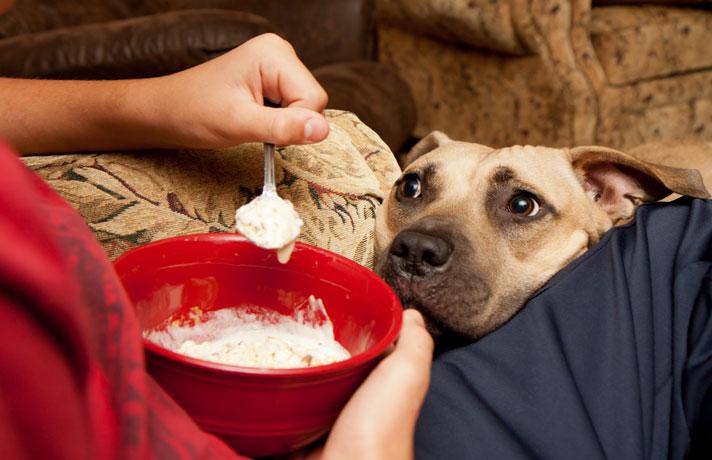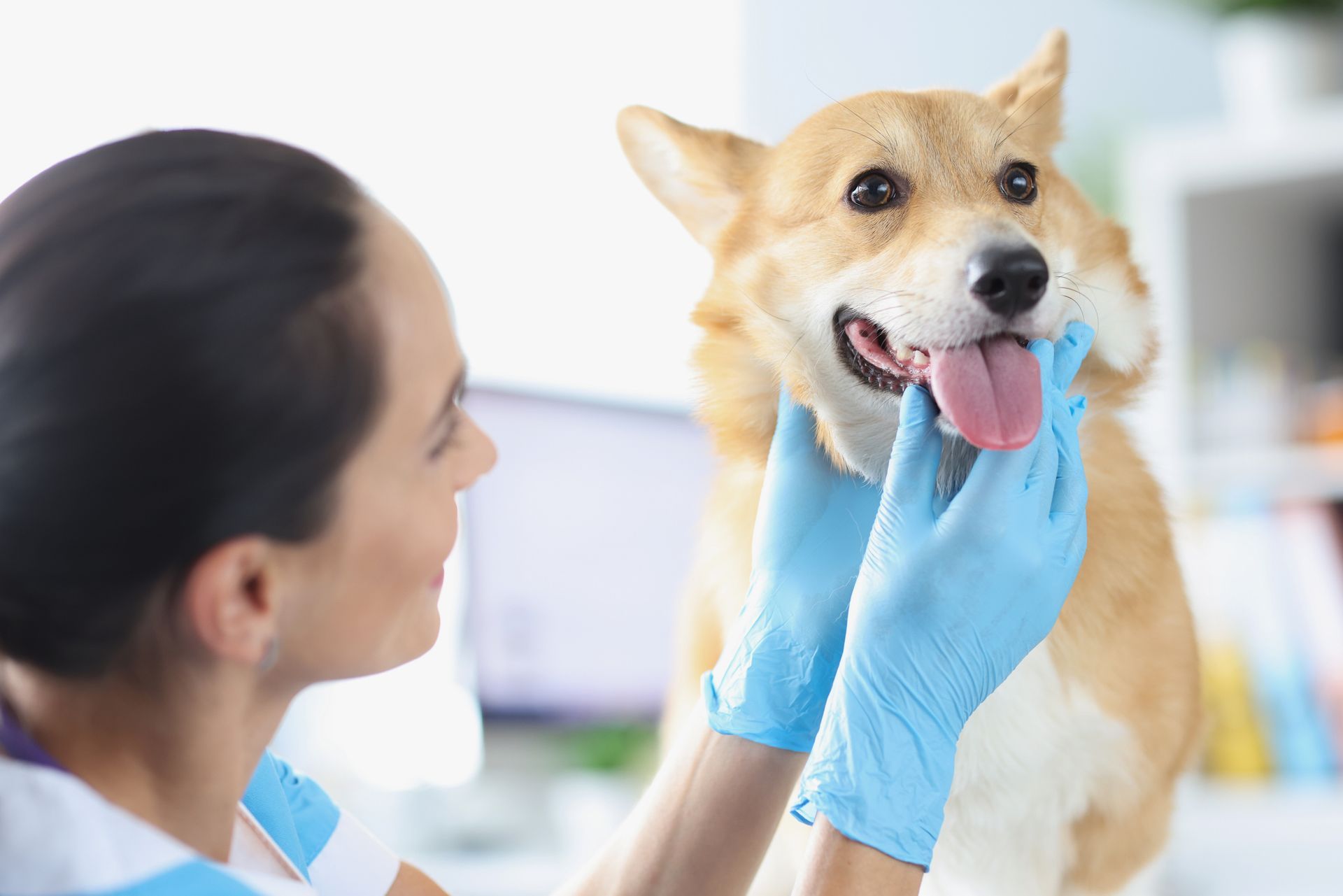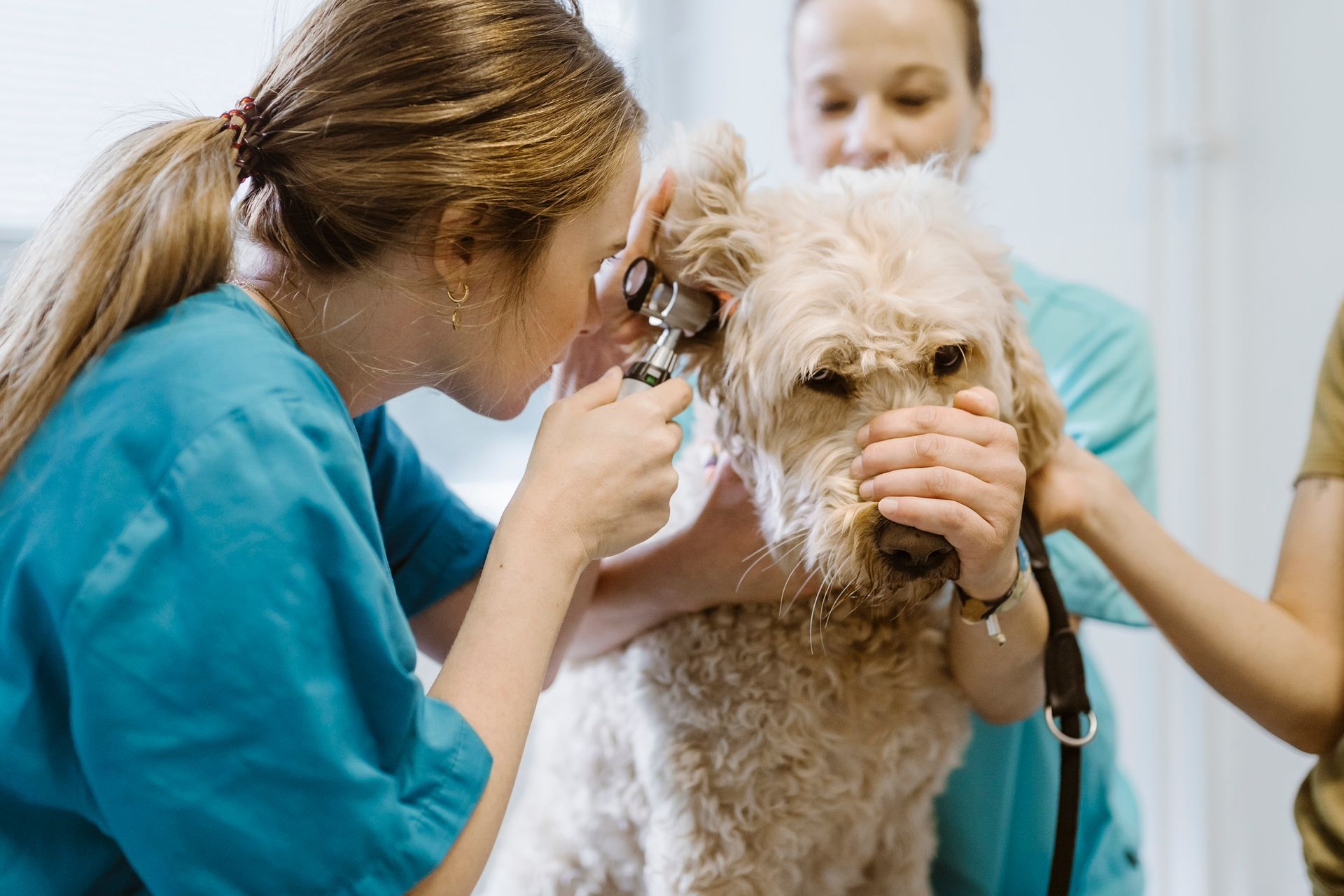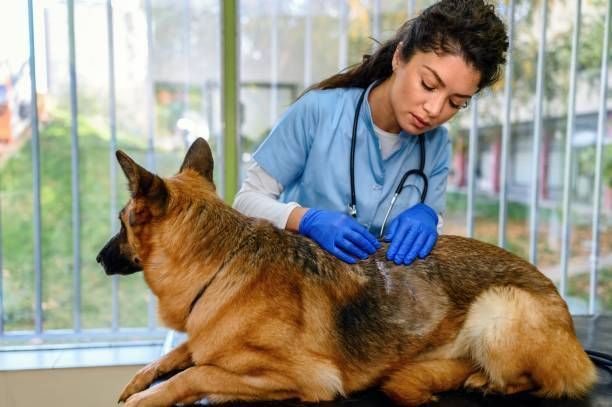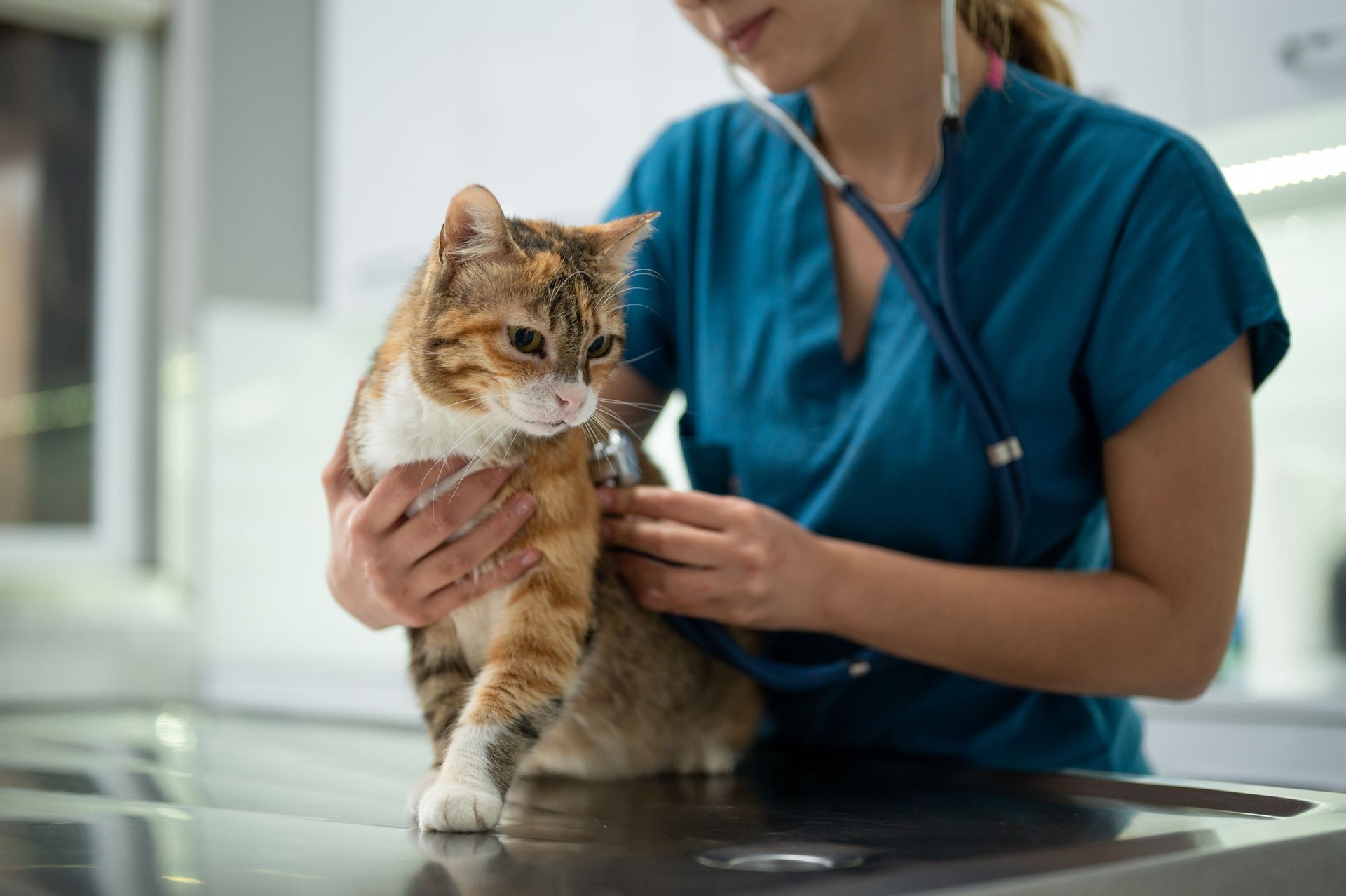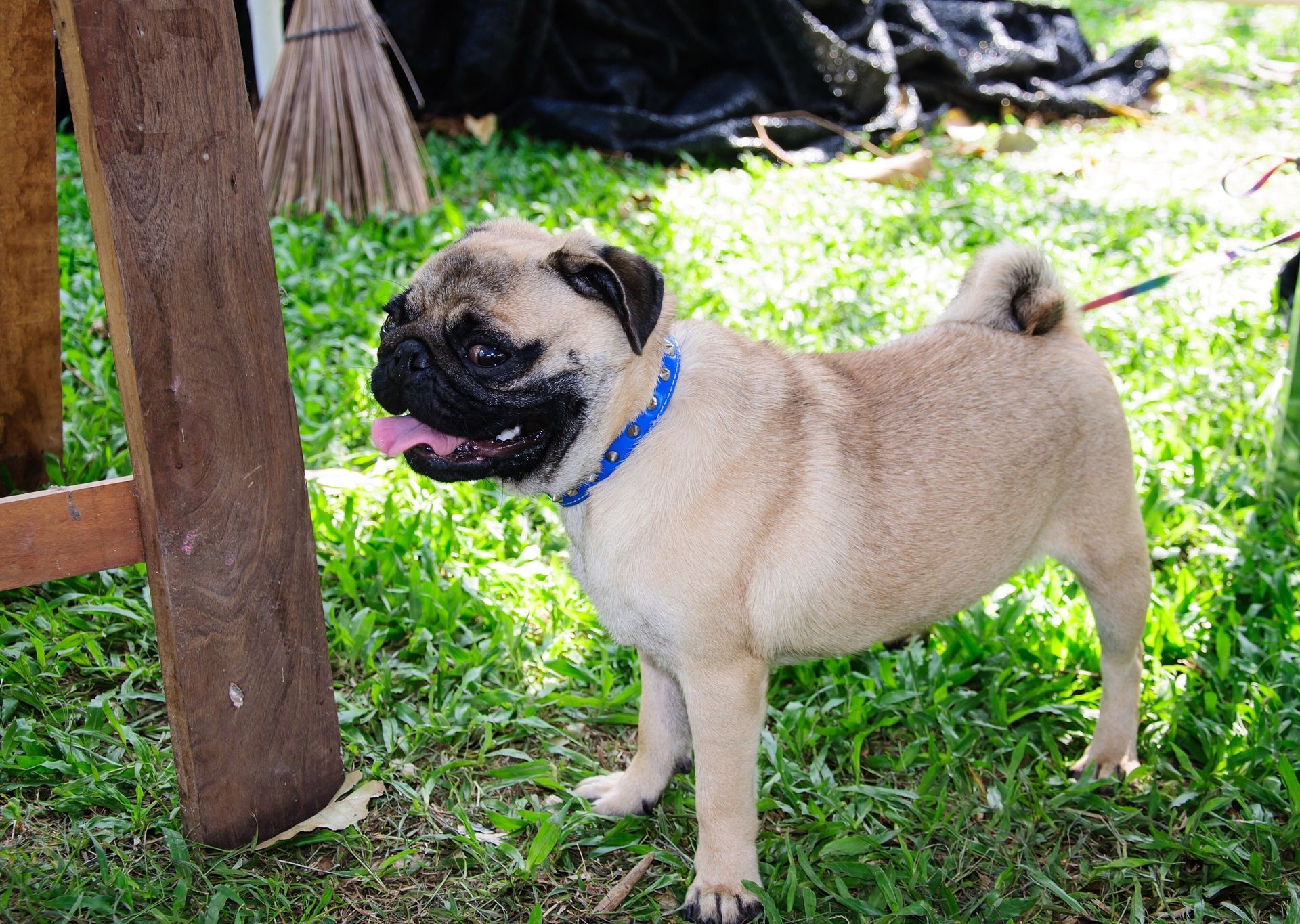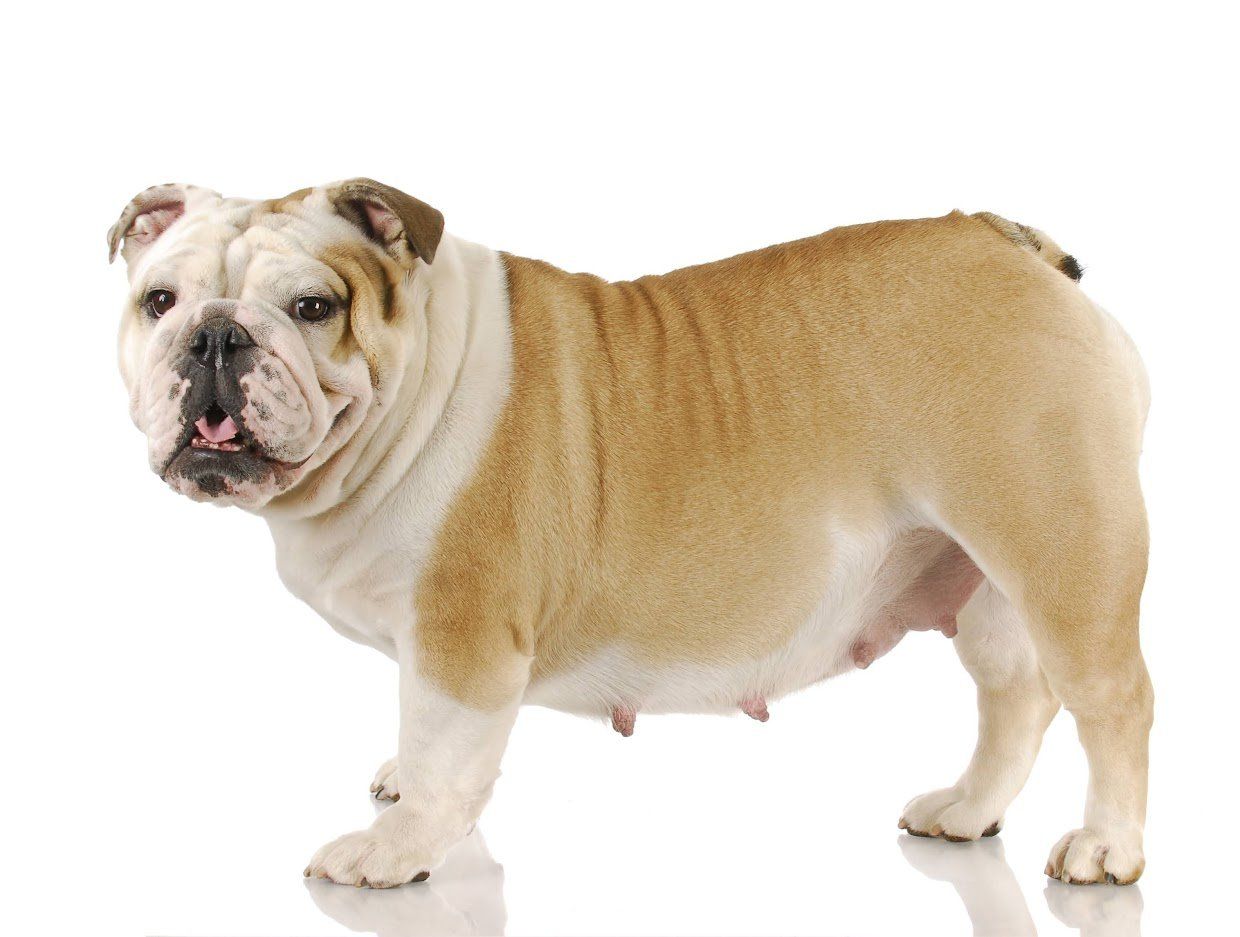Table Scraps You Shouldn't Feed Your Dog
Your dog may enjoy table scraps, and you can give them certain things, so long as you don't feed them any food that's harmful to a canine's health. Here are some common foods that people eat regularly but you should never give to your dog.
Nuts
Nuts cover a broad category that encompasses many different specific kinds of nuts, and some of these are more dangerous to your dog's health than others. All nuts, however, shouldn't be eaten by dogs for one reason or another.
Macadamia nuts, various walnuts, hickory nuts, and pecans are some of the most dangerous nutsfor dogs and should never be given to them. These nuts all either contain toxins in them or can grow molds that generate mycotoxins, both of which can harm your dog's health.
Almonds are potentially dangerous for a very different reason. Although these don't have the toxins or mycotoxins that other nuts can have, according to the American Kennel Club, the unique shape of almonds makes them difficult for dogs to digest. Once ingested, they can cause gastrointestinal problems that lead to vomiting, gas, diarrhea, discomfort, and other symptoms.
A few nuts, like cashews, are technically safe for dogs to eat. Because they contain so much fat, though, giving your dog these can lead to obesity and other health issues. Thus, it’s better for your dog's health if you avoid offering them any nuts as a general rule. Peanuts, while a legume and not a true nut, also fall into this category.
Chocolate
Chocolate contains caffeine and theobromine, both of which are harmful to dogs. While many people enjoy the stimulating effects of these chemicals, dogs process them much more slowly than humans. Thus, their bodies can't handle the chemicals well.
If you want to determine exactly how a piece of chocolate will affect a dog, the process is a lot like how you determine a single alcoholic drink will impact a person. The level of toxicity depends on the amount ingested, concentration of the chemicals, size of the dog (or person), and other factors. All of these factors can play a part in how your dog handles chocolate.
Since you can't know how a dog will react to chocolate until after the fact, the safest practice is to never give dogs chocolate (and make sure they can't access it when you're not around).
You can offer your dog other, healthier alternatives for a sweet treat that won’t hurt them. Honey is a potential option.
Garlic
Garlic, along with onions, leeks, and chives, are all harmful to dogs. According to the Pet Poison Helpline, these plants are part of the Allium family, and they contain chemicals that are poisonous to canines. Of the foods in this family, garlic is the most dangerous — it's around five times more potent than leeks and onions.
Importantly, the effects of garlic or these other plants may not show up for an extended period of time. Symptoms include nausea, drooling, oral irritation, increased heart rate, weakness, and collapse, and they can set in as much as a few days after eating.
In most cases, your dog ingesting a minimal amount of garlic won't cause severe health issues. Some breeds are more sensitive to these foods than others, though, and any substantial amount could be dangerous.
Ice Cream
Although ice cream isn't toxic to dogs like some of the other foods listed are, there are several reasons to think twice before offering your canine friend a lick of your ice cream cone.
First, ice cream is laden with sugar and fat. Just as these aren't good for people, they also aren't healthy for dogs. A single lick won't make a dog obese, but they will become fat if you offer too much ice cream too often.
Second, your dog actually may be lactose intolerant. Your dog may experience digestive problems shortly after having even a little ice cream.
If your dog has ingested a food they shouldn't have and needs treatment, contact Baywood Animal Hospital.
